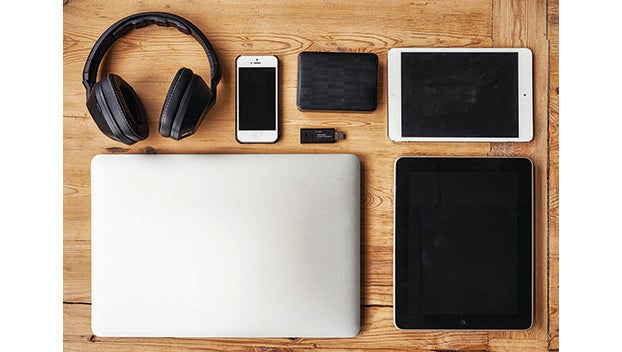Strategies to disconnect more often
Published 1:40 pm Friday, December 31, 2021
|
Getting your Trinity Audio player ready...
|
Devices are a big part of life in the 21st century. People may have access to tablets, laptops and even desktop computers, but it’s unlikely they spend as much time on those devices as they do on their smartphones.
A recent analysis of data for 11,000 users on RescueTime, an app designed to help people track their time and improve their productivity, found that 20 percent of smartphone users spend more than 4.5 hours on their smartphones on a typical weekday. With a new year on the horizon, millions of people will no doubt be resolving to make better use of their time in the months ahead. Disconnecting from devices like smartphones can help individuals accomplish those goals. The following are some strategies individuals can employ as they aspire to spend less time on their devices in the year ahead.
• Close some social media accounts. Social media can be a useful tool to stay connected with family, friends and the local community. But those connections can be maintained through one or two social media platforms. That’s a lesson millennials or Gen Z-ers can take to heart, as the Global Web Index indicates that the average person has 8.4 social media accounts. Closing some social media accounts can reduce the temptation to pick up a device, ultimately paving the way to more time away from tablets, smartphones and laptops.
• Turn off your notifications. According to research from the BusinessofApps, the average smartphone user in the United States receives 46 app push notifications each day. The sound of a smartphone notification has become as recognizable as any sound, and the volume of notifications the average users receive in a 24-hour period no doubt contributes heavily to how much time they spend on their phones. Turning off notifications makes it easier to disconnect from devices, and may even make individuals more productive.
• Change your reading habits. E-reader enthusiasts may have access to millions of books at their fingertips, but that access could come at a steep cost. Distractions abound when reading books on tablets, smartphones and e-readers. The internet is only a swipe or two away when reading e-books, while print books provide no such access to the internet. Tablets and e-readers employ the he same notification system as smartphones, so readers who insist on going the digital route can turn those notifications off before cuddling up with a good book. But that might not be enough, as readers can still visit the home screen of their devices and begin browsing the internet. Print books are ideal for those who want to read with as little device-related distractions as possible.
Millions of people will aspire to disconnect from their devices more often in the new year. The success of such resolutions may depend on the approach individuals employ.






